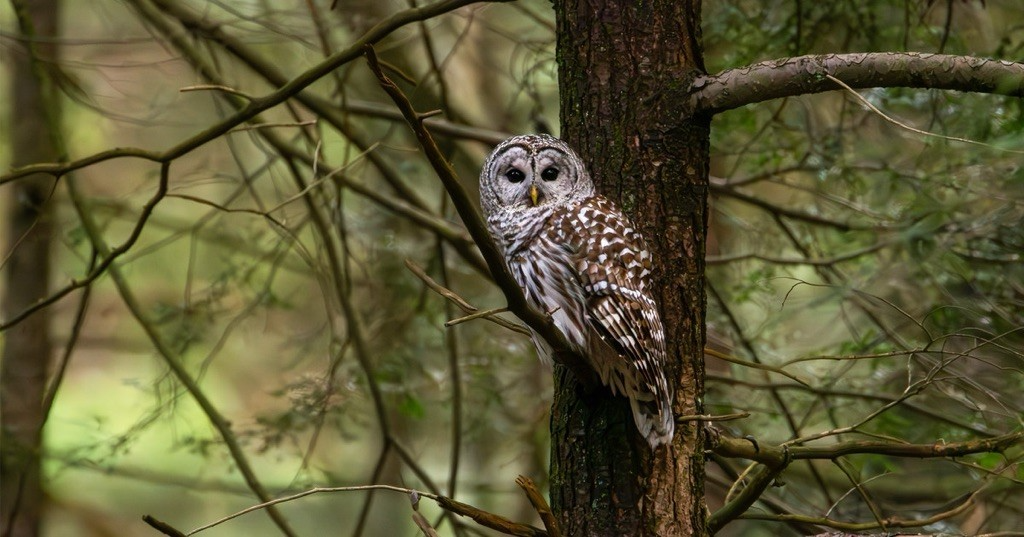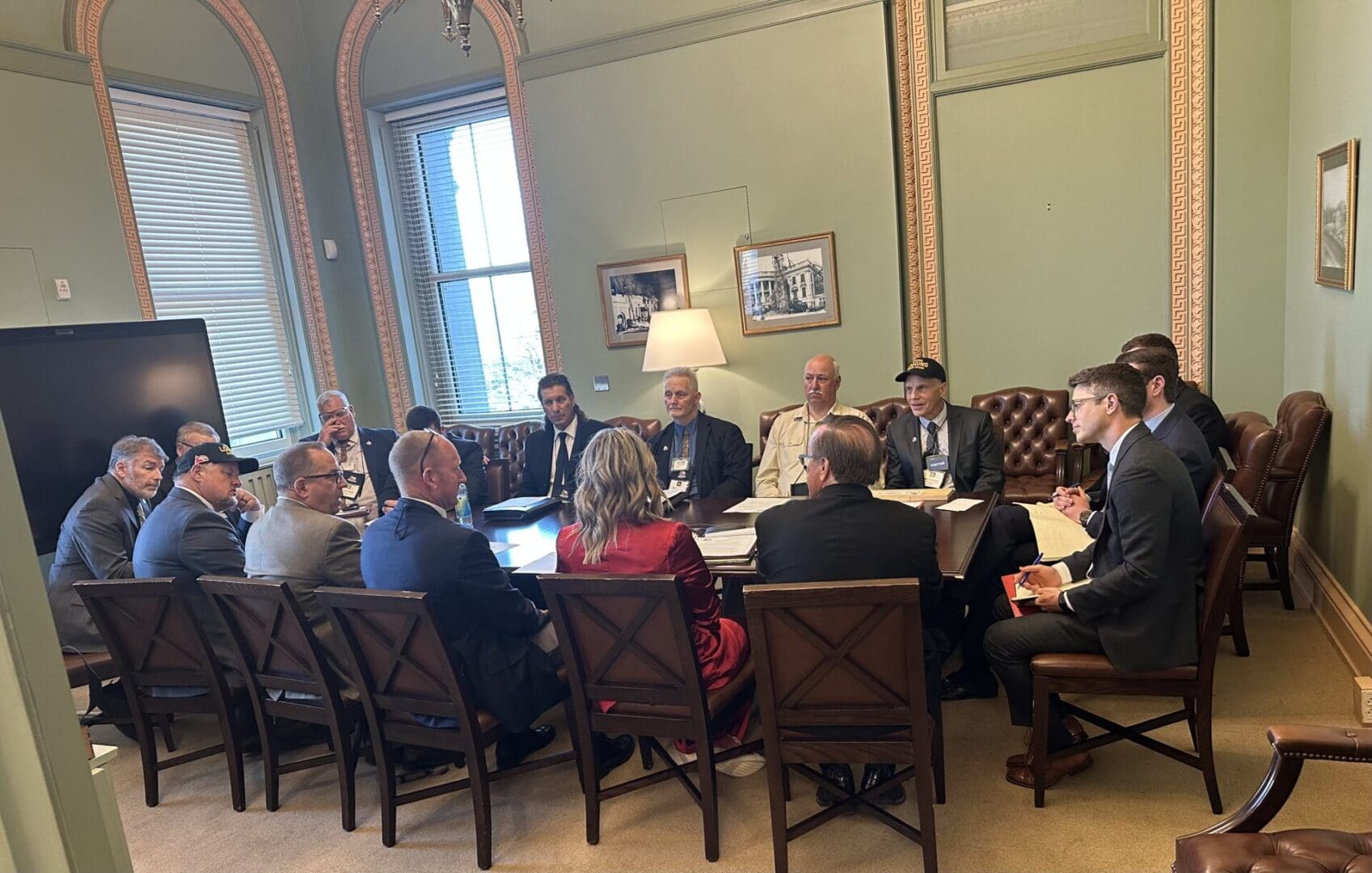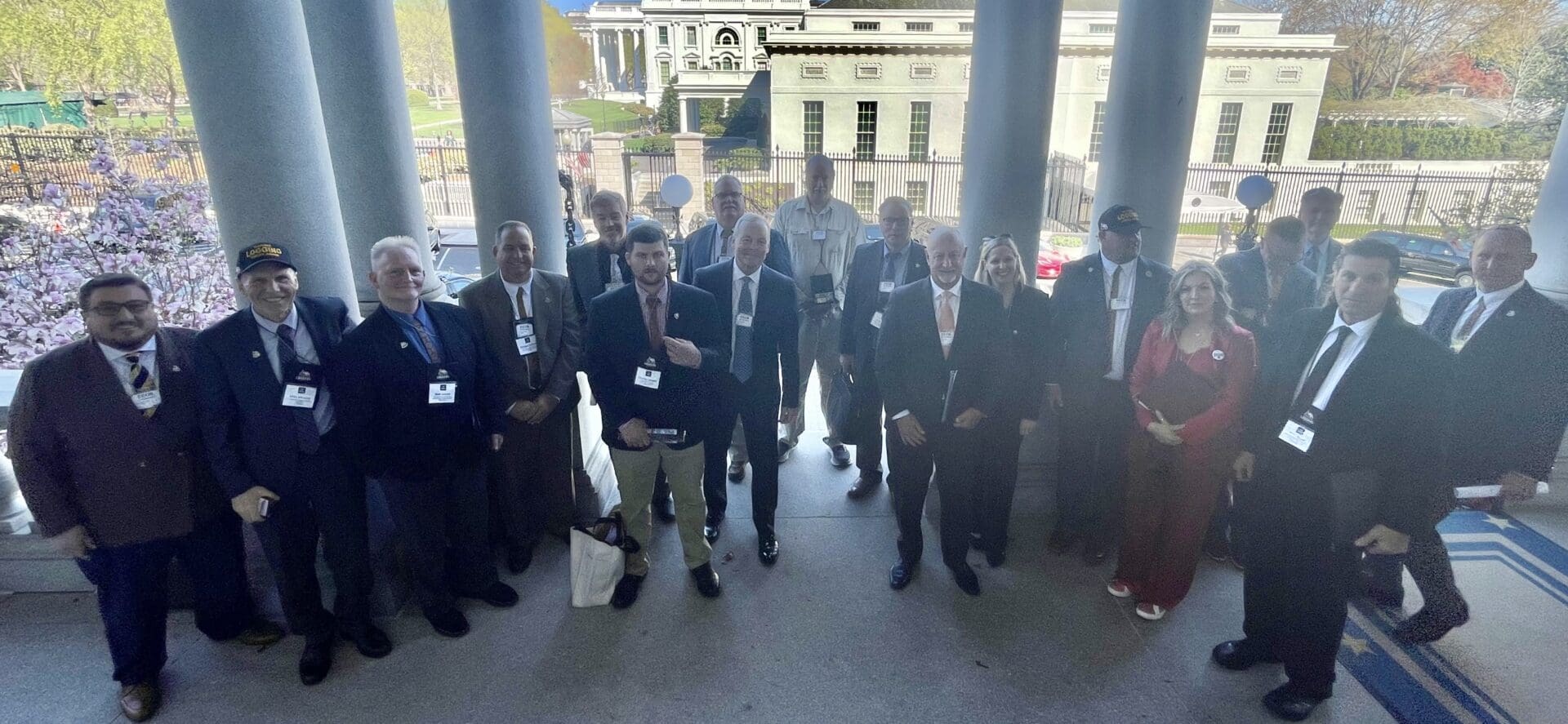
Administration Proposes Removing "Habitat" Protections from Endangered Species Act Considerations
The American Loggers Council included the “downlisting” from Endangered to Threatened of the Northern Long-Eared Bat (NLEB) in the Road Map to Recovery since it is the White-Nose Syndrome that is killing the NLEB, not forest management activity, which are being restricted under the guise of the Endangered Species Act. The updated Road Map to Recovery further emphasizes this priority with the following background and action recommendations. The ALC is following up with this issue this week while in DC.
Issue and Background
The uplisting of the Northern Long-Eared Bat (NLEB) from Threatened to Endangered was not based on scientific data. The mortality of the NLEB is due to the White-Nose Syndrome contracted during hibernation in caves, not timber management activities. The disease has been responsible for an estimated 97% - 100% decline in affected populations across 37 states (USFWS). The Endangered Species listing now limits, prohibits, and restricts timber management activities between April and November where there may be a roosting tree. The Senate and the House passed bipartisan Congressional Review Act (CRA) in 2023 rescinding the uplisting to Endangered. President Biden vetoed the CRA.
Action / Recommendation
Downlist the Northern Long-Eared Bat from Endangered to Threatened. As per the Endangered Species Act, Section 4, Determination of Endangered Species and Threatened Species, Change in Status from Endangered Species to Threatened Species, the Secretary of Commerce shall recommend to the Secretary of Interior such action, and if the Secretary of Interior concurs with the recommendation shall implement such action.
The Federal Forest Resource Coalition Weekly Update announced:
Proposed Rule Change on Endangered Species
The Trump administration plans to eliminate habitat protections for endangered and threatened species. At issue is a long-standing definition of “harm” in the Endangered Species Act, which has included altering or destroying the places those species live. The U.S. Fish and Wildlife Service and National Marine Fisheries Service said in a proposed rule issued Wednesday that habitat modification should not be considered harm because it is not the same as intentionally targeting a species, called “take.” Environmentalists argue that the definition of “take,” though, has always included actions that harm species, and the definition of “harm” has been upheld by the U.S. Supreme Court.
Senate Introduction of Fix Our Forests Act Offers Path to Address Wildfire Risks to Forests, Communities
White House / Administration Identify the pending European Union Deforestation Regulation (EUDR) as a Barrier to Trade
The U.S. Trade Representative office included the EUDR as one of the top ten unfair trade practices as a barrier to trade. State Association representatives of the American Loggers Council brought this up (included in the "Road Map to Recovery") last week at a White House Meeting with officials, including a representative from the Office of U.S. Trade Representative. There is no Deforestation in the U.S., so the Administration needs to tell the EU that the U.S. will not be participating in their EUDR program. The U.S. Senate and House have opposed it, numerous State Agriculture Commissioners oppose it, 22 of 27 EU Agriculture Ministers have expressed concern. China has refused to participate.




